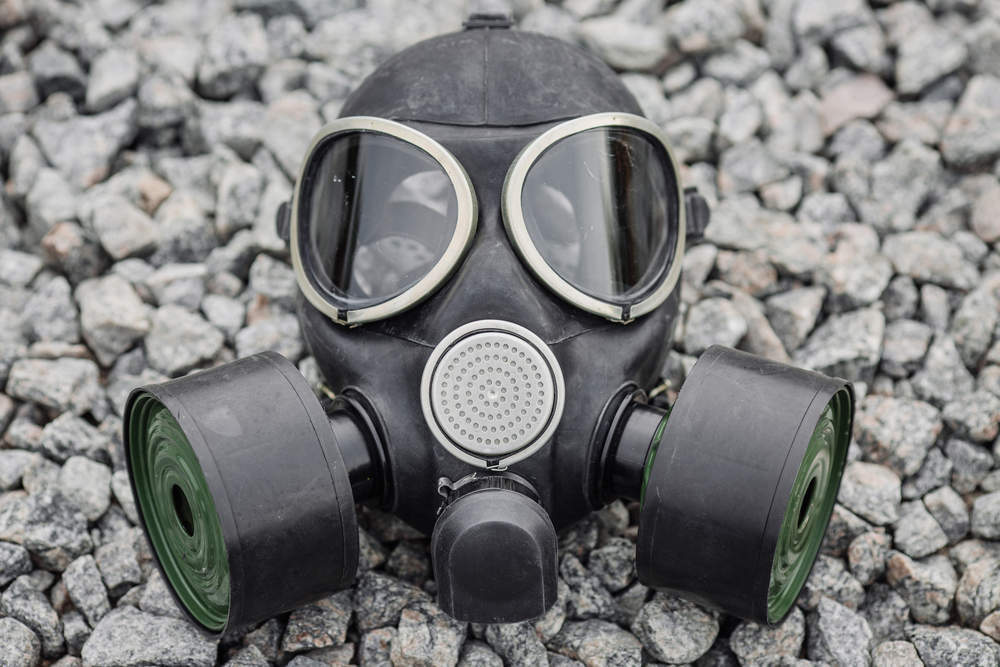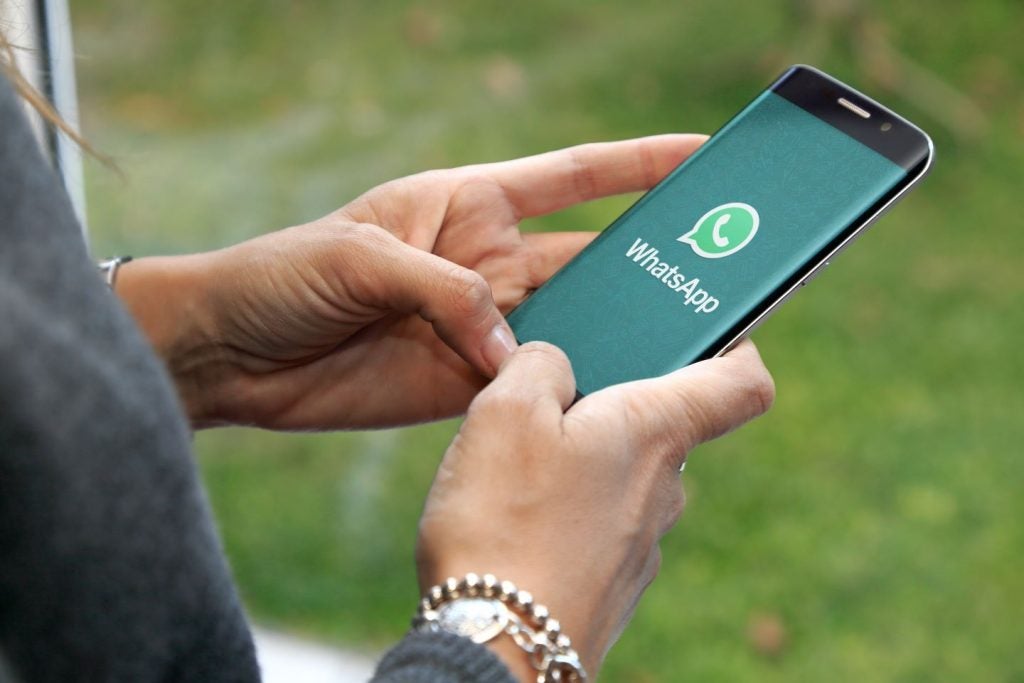
It’s a busy week in what has been an eventful couple of months for the Organisation for the Prohibition of Chemical Weapons (OPCW), the global chemical weapons watchdog.
The executive council of the OPCW is holding a closed-door meeting today at its headquarters in the Hague to discuss the poisoning of former Russian spy Sergei Skripal.
Meanwhile, the OPCW’s fact-finding team are still trying to travel to Douma in Syria to investigate a suspected chemical weapons attack that killed at least 40 people on 7 April.
The OPCW’s inspectors are currently in Damascus, waiting for the green light from the United Nations that it is safe for them to proceed.
Ahmet Üzümcü, the director general of the OPCW, said that the UN security team sent ahead of the inspectors had been forced to withdraw earlier today after being shot at.
At the Hague in the Netherlands, the OPCW stressed the veracity of their earlier reports that their laboratories confirmed British analysis of the substance used in the attack on Skripal and his daughter Yulia in Salisbury. Britain has determined that the nerve agent Novichok was used.
How well do you really know your competitors?
Access the most comprehensive Company Profiles on the market, powered by GlobalData. Save hours of research. Gain competitive edge.

Thank you!
Your download email will arrive shortly
Not ready to buy yet? Download a free sample
We are confident about the unique quality of our Company Profiles. However, we want you to make the most beneficial decision for your business, so we offer a free sample that you can download by submitting the below form
By GlobalDataAn opening statement from Üzümcü said:
The reliability and technical capabilities of the designated laboratories have been subject to close and rigorous scrutiny over the years.
I would like to underline that the states parties can be assured of the credibility and integrity of this network, and I am sure that the designated laboratories will continue to deliver in the same impeccable manner as they have done so to date.
The technical and analytical capacity of the Organisation must be seen as one of the cornerstones, and one that is supported by the science.
Peter Wilson, British ambassador to the Netherlands and permanent representative to the OPCW, told the meeting:
We believe that only Russia had the technical means, operational experience and motive to target the Skripals.
Wilson also said:
[Russia] has a proven record of conducting state-sponsored assassination. It is highly likely that the Russian intelligence services view at least some of its defectors as legitimate targets for assassination.
He added:
In the past 14 months, we have seen the use of chemical weapons in Syria, in Iraq, in Malaysia, and now in the UK. This is a serious threat to the CWC [Chemical Weapons Convention].
The statements made by Russia at today’s meeting are not yet known. The Russian Embassy in London has said that the Russian delegation to the OPCW will give a press conference at 7.30pm London time.
??Press conference of the Russian delegation following the @OPCW EC meeting on the so-called “Skripal case” will be streamed live at our YouTube Channel. It starts at 19.30 (CET). pic.twitter.com/sZzqTVtm7R
— RussianEmbassyNL (@rusembassynl) April 18, 2018
What is the CWC and the OPCW?
The Chemical Weapons Convention is an international agreement that ‘prohibits the use, development, production, stockpiling and transfer of chemical weapons’.
The OPCW works with the 192 states who have signed the CWC, monitoring compliance and verifying that stores of chemical weapons have been eliminated.
It has overseen the destruction of more than 92% of all state-declared stockpiles of chemical weapons, and was awarded the Nobel Peace Prize in 2013.
The OPCW has some limits to its power. It cannot directly assign blame for chemical weapons attacks or decide which countries the weapons came from. It is also dependent on states truthfully declaring that they hold chemical weapons, which can then be destroyed.
The organisation was also established to primarily prevent large-scale use of chemical weapons on the battlefield, but is now dealing with relatively small-scale attacks such as those in Salisbury and Douma.
Meanwhile, in Syria…
If the OPCW inspectors in Syria do eventually reach Douma, they may be able to confirm whether a chemical weapon was used in the attack, but will not be able to determine if it was used by the Syrian Government, the rebel fighters or another party. Western governments believe that chlorine and possibly a nerve agent was used and have blamed the Assad regime.
France, the UK, and the US responded with missile strikes on three alleged chemical weapons facilities in Syria on Saturday.
The Syrian Government denies any involvement. Meanwhile, Russia, an ally and major backer of president Bashar al-Assad, claims that the incident in Douma was fabricated by an unspecified foreign intelligence agency.
The World Health Organisation said last Wednesday that an estimated 500 people went to WHO-supported health facilities around Douma with ‘signs and symptoms consistent with exposure to toxic chemicals’.
Russian military officials who visited the site subsequently claimed that no patients complained of such symptoms.
The OPCW investigative team arrived in Damascus on Sunday. However, they have been delayed from advancing to nearby Douma since then. Syria and Russian officials told that ‘pending security issues’ had to be resolved before they could be deployed and offered to bring 22 witnesses to Damascus for interviews.
On Monday, UK Prime Minister Theresa May accused Syria and Russia of blocking the OPCW’s access.
The US ambassador to the OPCW, Kenneth Ward, has said that suspects that Russia is tampering with the evidence, something Russia denies forcefully.
Syrian state media reported last night that the OPCW team had entered Douma, but Syria’s UN ambassador later backtracked on this.
After today’s gunfire, the OPCW investigators remain stuck in Damascus.






